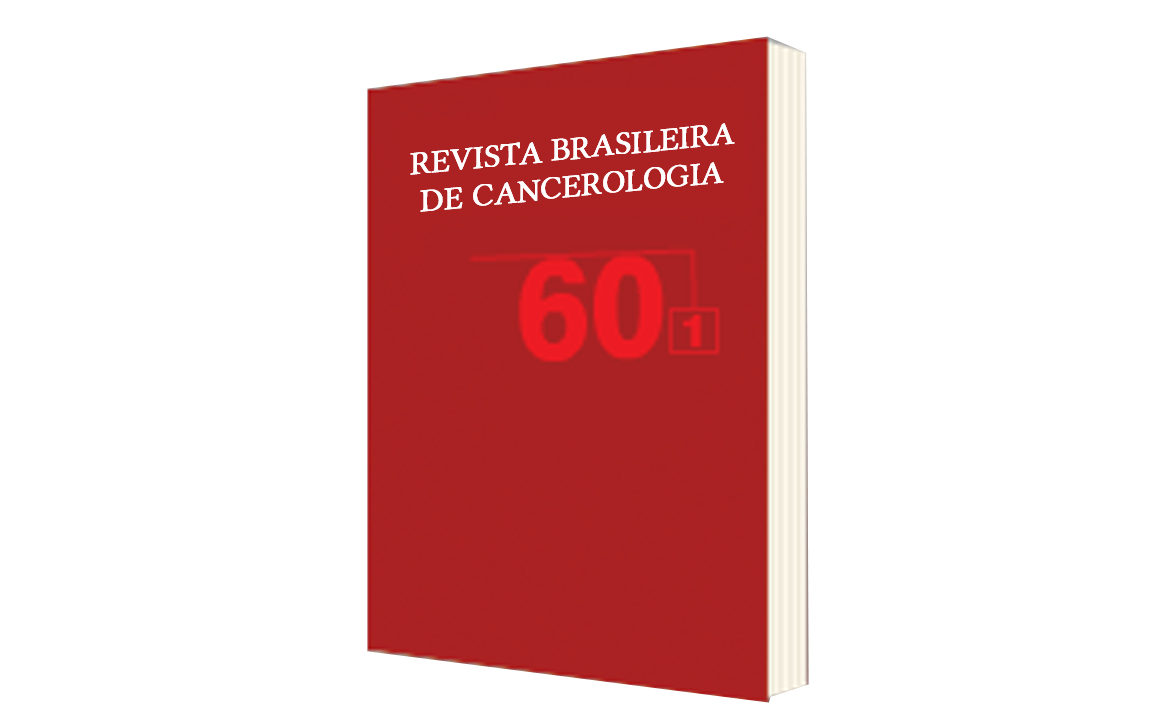Trend of Esophageal Cancer Mortality in Salvador City and in the State of Bahia, Brazil, 1980 to 2012
DOI:
https://doi.org/10.32635/2176-9745.RBC.2014v60n1.489Keywords:
Humans, Esophageal Neoplasms-mortality, Time Series Studies, Ecological Studies, Mortality Rate, BrazilAbstract
Introduction: Esophageal cancer is one of the most common and lethal neoplasms in the world, accounting for approximately 386,000 deaths annually. Objective: To describe the trend of mortality from esophageal cancer in the state of Bahia, in Salvador, 1980-2012. Method: Study of aggregate time series of which the data on deaths and population were obtained from the Mortality Information System and the Brazilian Institute of Geography and Statistics, respectively. For the analysis of the trend, Poisson Regression, with overdispersion assessment was used. The results represent average annual percentage reduction or increase, adjusted by the number of deaths from undefined causes. Results: there was an increase in standardized mortality from esophageal cancer of 0.28% among men and a decrease of 0.32% among women in Salvador rates. In the state of Bahia, the increase was 2.21% and 0.58% for men and women, respectively. Conclusion: The results of this study demonstrate that the period is of growth rates, suggesting that changes in patterns of exposure to etiologic factors or greater access to diagnostic tools contributed to increasing rates.









